Keywords: Awareness
There are more than 200 results, only the first 200 are displayed here.
-

ENVIRONMENT
- Frank Brennan
- 28 November 2016
'No matter what the economic, political and legal problems confronted by modern day India, our response can be improved by an application of the key principles and norms developed in the international law of trade and human rights, helping to enunciate the realm of law, regulation and political accountability, enhancing public scrutiny providing the right environment for doing business.' Frank Brennan presents the 25th JRD Tata Oration, Xavier School of Management, Jamshedpur, India, 26 November 2016.
READ MORE
-

ARTS AND CULTURE
- John Cranmer
- 07 November 2016
1 Comment
Have you ever noticed the way that book and reality sometimes entwine and become essentially one? It's happening here and now as we contemplate these few hot days in Hawker and the Flinders. Anita Desai's The Zigzag Way creates a context for living here at this particular ephemeral moment. Altiplano Mexico in all it's barren frugality integrates with these hot and marginal plains hemmed in by the cragginess of surrounding scarplands with their many strong stories
READ MORE 
-

AUSTRALIA
- Megan Graham
- 20 October 2016
11 Comments
While once it was honourable to put your work first, it's now seen as a fool's errand. Not to say staff should discount their employer's interests, but put them in their proper place - important, yes, but not more important than health, for example, or family. Unions have built memberships on these kinds of ideas for decades. But the current movement is not so much about grouping together as it is about individuating: 'My particular needs are important, too.'
READ MORE
-

AUSTRALIA
- Binoy Kampmark
- 18 October 2016
2 Comments
The late Professor Desmond Ball of the Australian National University's Strategic and Defence Studies Centre came as close as any on being a public intellectual on nuclear strategy. While some of his counterparts in the US felt that using nuclear weapons was feasible and sound, Ball issued his pieces with mighty caveats. 'Controlling escalation', Ball ventured, 'requires both adversaries to exercise restraint, and current US policy is to offer a ... mixture of self-interest and coercion.'
READ MORE 
-
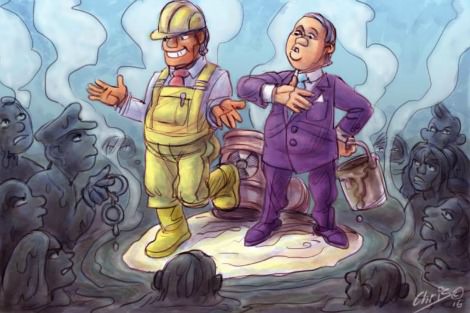
ENVIRONMENT
- Bronwyn Lay
- 23 September 2016
3 Comments
Last year I sat in the offices of one of the judges of the International Criminal Court as we spoke about the possibility of ecocide law becoming an international crime against humanity. An international law against ecocide at its simplest is the criminalisation of mass destruction of the environment due to human action. At that time I heard that the obstacles were not legal, but political. Last week the ICC announced it may hold corporate executives and governments legally responsible for environmental crimes.
READ MORE 
-
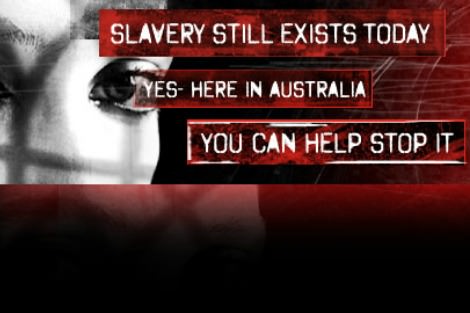
INTERNATIONAL
- Sarah Puls
- 20 September 2016
3 Comments
Labour exploitation in Australia is a massive problem and becoming worse. And it's not like our parliamentarians are unaware of the facts. In March a senate report, titled 'A National Disgrace: Exploitation of Working Visa Holders', provided evidence of significant exploitation of vulnerable workers and made 33 recommendations to address these issues and work towards change. Yet, not one of these recommendations has been taken up and there is no sign yet that they will be.
READ MORE 
-

AUSTRALIA
- Joan Hume
- 08 September 2016
15 Comments
On 26 July this year of 19 severely disabled residents were massacred as they slept in their beds at a residential care facility in Sagamihara, Japan. A further 26 were wounded. The perpetrator, Satoshi Uematsu, a former employee sacked for his disturbing views about the residents, later boasted of his 'achievements': 'It is better that disabled people disappear.' Isn't there an ever present probability that without an inclusive and accepting community, without believing in our possibilities rather than seeing only our limitations, we will spawn the likes of another Satoshi Uematsu here?
READ MORE 
-

AUSTRALIA
- Andrew Hamilton
- 16 June 2016
12 Comments
We all know elderly people who are healthy, active, and blessed with loving families. But the image represents only part of the reality of old age. Many elderly people are ill, have lost their partners, live alone with little connection to their families, suffer from incipient dementia, and are dependent on others for the daily business of living. If they appear at all in the media, it is usually in bad news stories. They are seen as people different from us. A significant minority of older people, too, suffer from abuse.
READ MORE 
-

AUSTRALIA
'We have now got a world wide refugee problem. We don't have one here but we do have one world wide. It is now time to start having a rational debate about what we do with these people as opposed to playing the race card.' Interview with Anna Burke, who has represented the seat of Chisholm in the House of Representatives for the ALP since 1998. Burke is the former Speaker of the House (2012–2013), and has been a consistent advocate for asylum seekers. She will retire at the next election.
READ MORE 
-
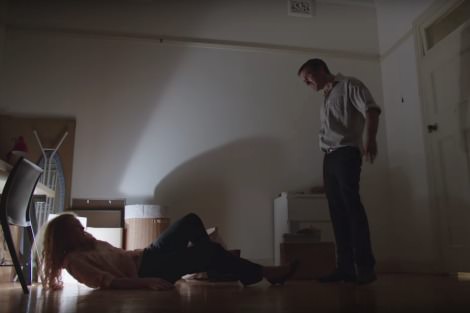
ARTS AND CULTURE
- Kristin Natalier
- 27 April 2016
4 Comments
The federal government's new ad aims to 'stop violence from the start'. It sends a strong message that violence is never acceptable. But it firmly positions domestic violence as a problem of individual attitudes of perpetrators, not the social and economic vulnerability of victims. Envisaging an end of domestic violence achieved through 'starting conversations about respect with boys and girls' sidesteps the need for the material resources necessary to stop violence when it happens.
READ MORE 
-
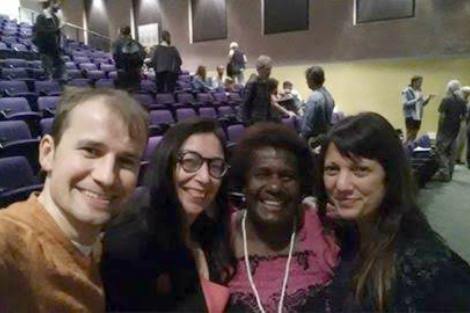
ENVIRONMENT
Ursula Rakova told how the sea that had been the friend of her people, was turning against them. It had crashed through and divided her island in two. Coconut palms were collapsing at the new shoreline. Food gardens were lost, as the soil was increasingly rendered infertile by salty tides that washed over them. The land that had been handed from grandmother to daughter, would bequeath no legacy to the granddaughters. The homeland of generations was disappearing before their eyes.
READ MORE 
-
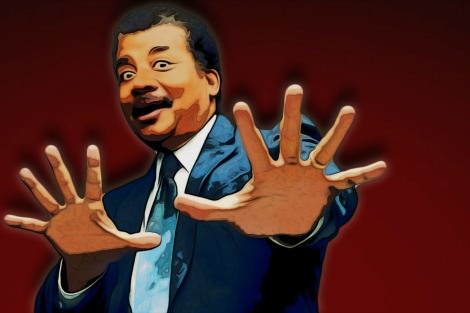
MEDIA
- Ketan Joshi
- 06 April 2016
7 Comments
When Alan Alda was 11, he threw a simple inquiry to his teacher. What's a flame? The response he received was less than satisfying. 'All I heard from the teacher was "it's oxidation". That didn't explain anything to me.' It's a neat illustration of a modern problem. Merely presenting over-simplified factoids is no longer sufficient in a world filled with phenomena like climate denial and the anti-vaccination lobby. For science to be communicated effectively, it needs to spark passion and excitement.
READ MORE 